It’s that time of year, time to start planning your actions to raise awareness about street harassment in your community!
April 19-25, 2020, marks our 10th annual International Anti-Street Harassment Week!
We are excited that Safecity and Catcalls of NYC/Chalk Back will be close partners this year.
Join: There are so specific actions required, but our website has suggestions, ideas and even guides if you need them.
Events: Let us know what you’ll plan to do (stopstreetharassment@gmail.com) so we can list it on the events page.
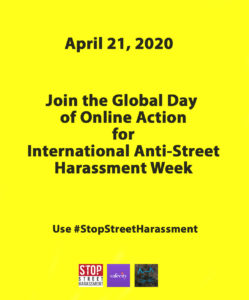 Online: April 21 will be our global day of online action, so be sure to share info online then using #StopStreetHarassment. Sharing a story or suggestion for dealing with harassment are always powerful things to share. We also have sample social media postings (English) and shareable images. Check out the tools page.
Online: April 21 will be our global day of online action, so be sure to share info online then using #StopStreetHarassment. Sharing a story or suggestion for dealing with harassment are always powerful things to share. We also have sample social media postings (English) and shareable images. Check out the tools page.
Co-Sponsor: If you are with an organization or group that will be participating, reach out and we’ll list you as a participating co-sponsor!
This is always an uplifting, inspiring week as people and groups across the globe come together to speak out against the same problem that plagues our communities. Together our voices are stronger and we can demand change… we can demand safe public spaces for all!
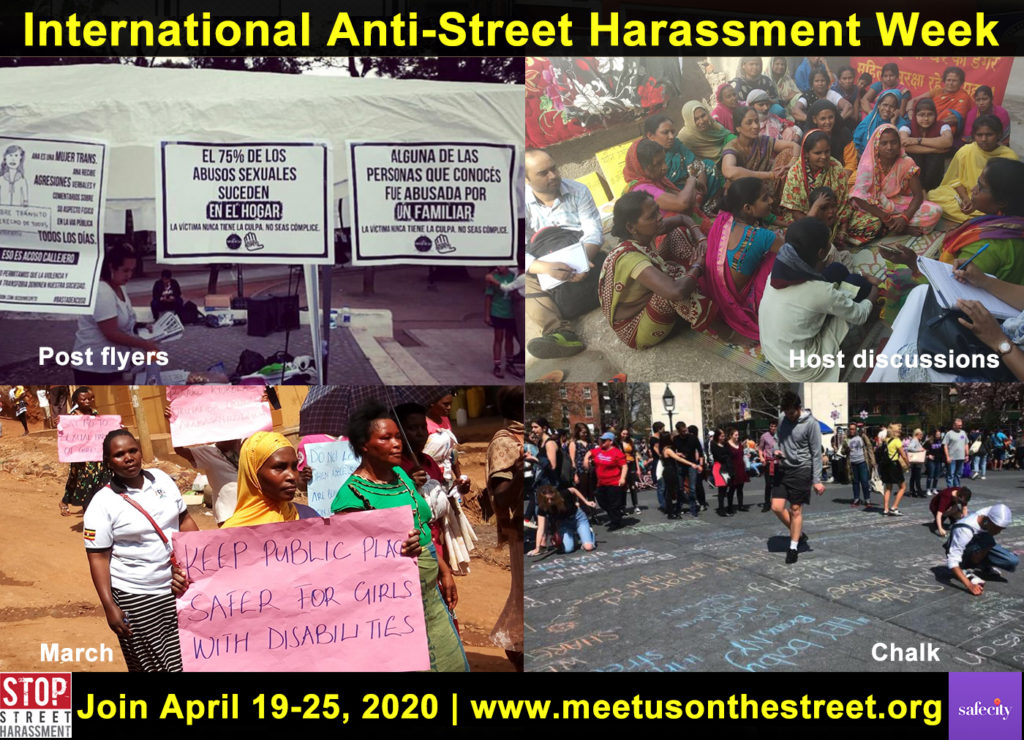

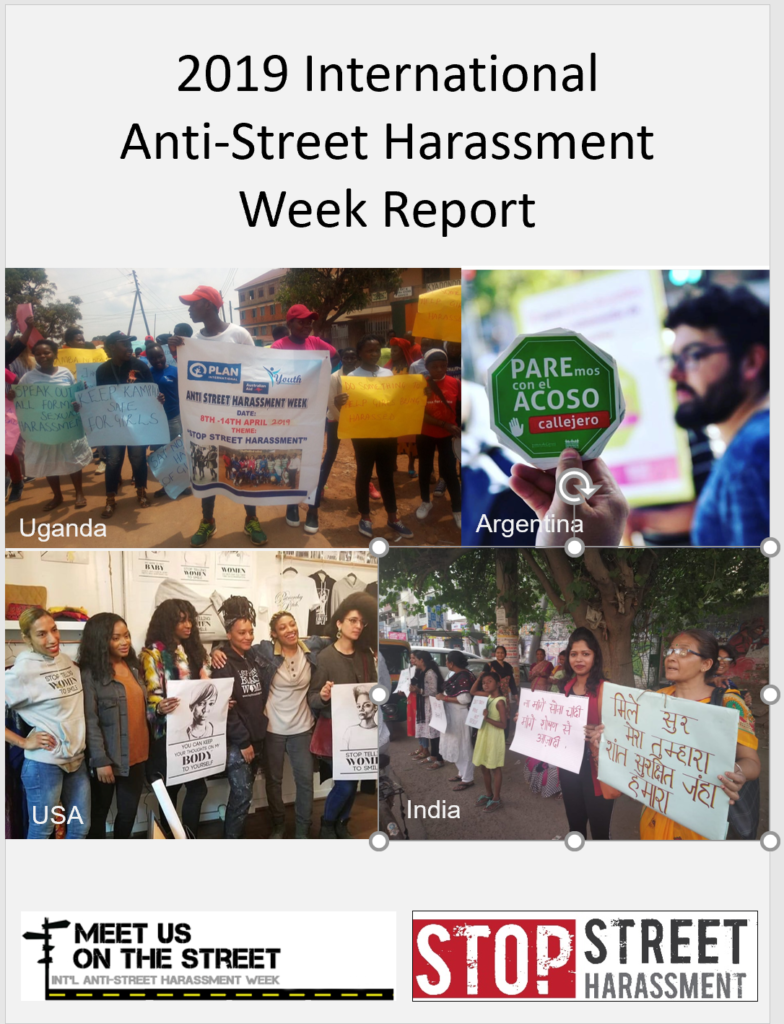
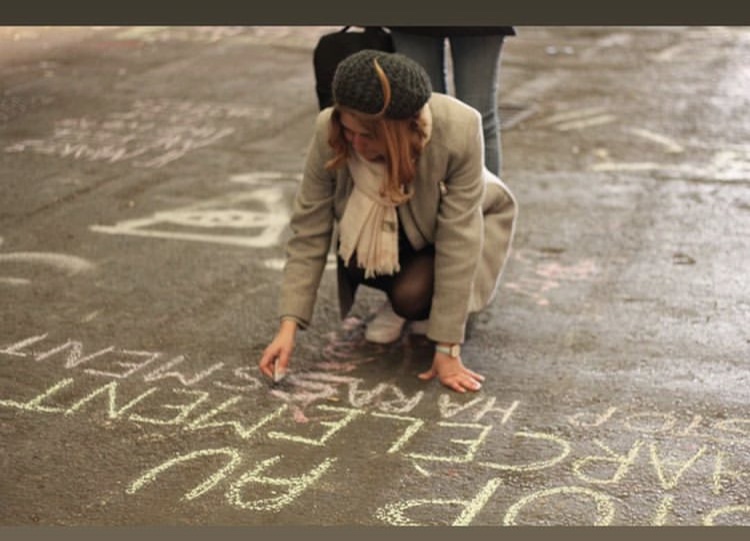 Thank you so much to everyone who took part in
Thank you so much to everyone who took part in 
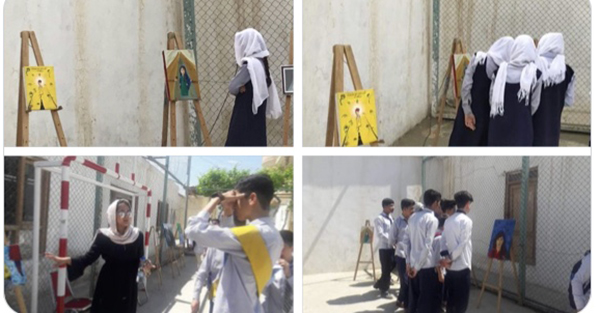
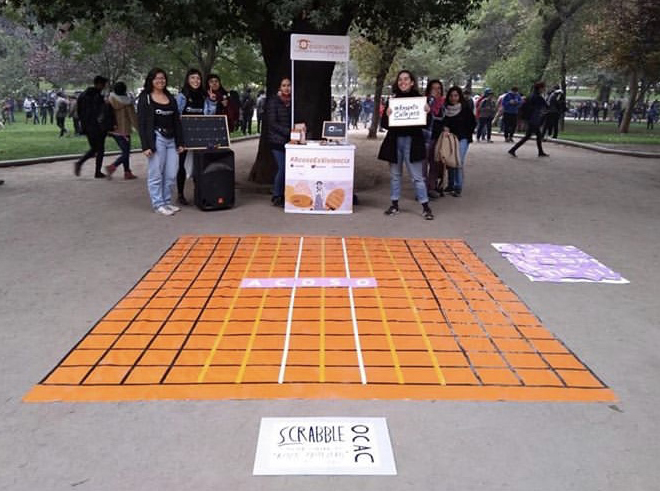
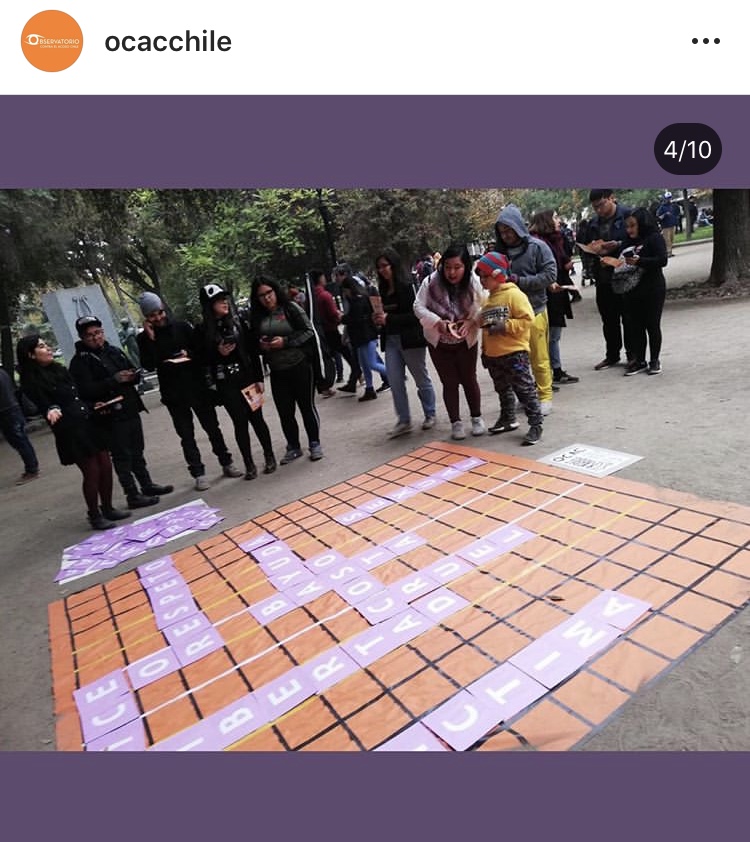

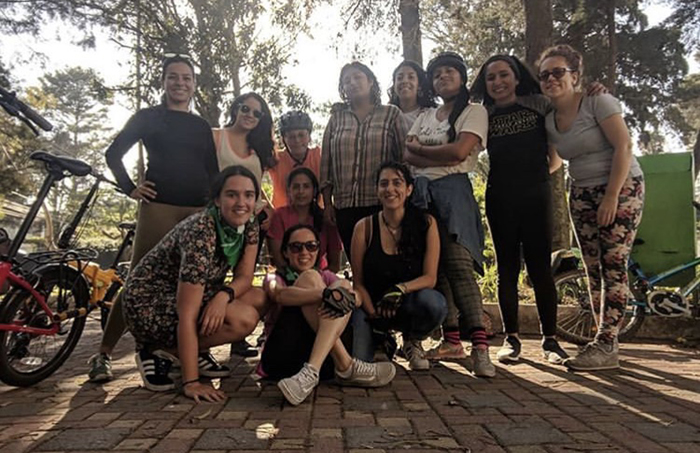


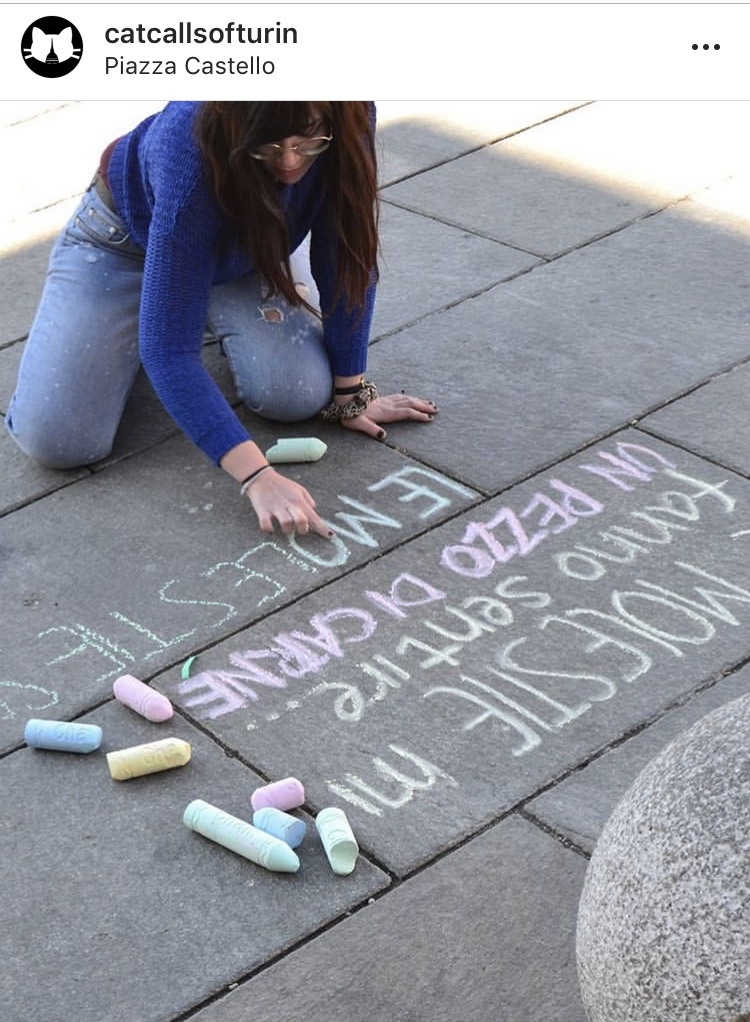
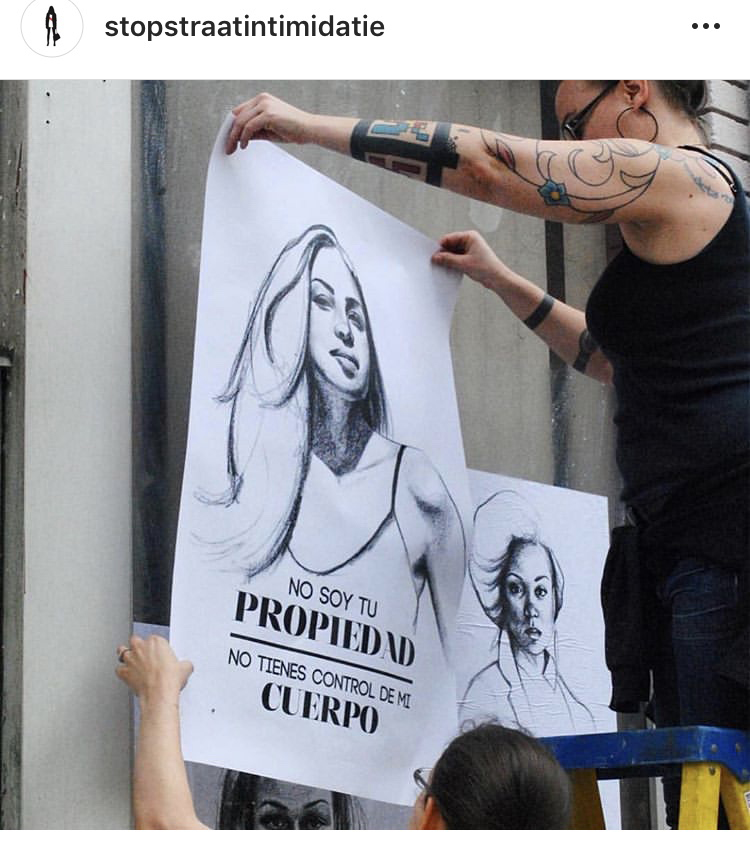
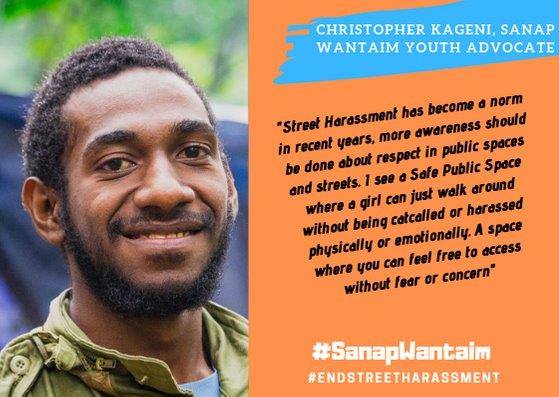
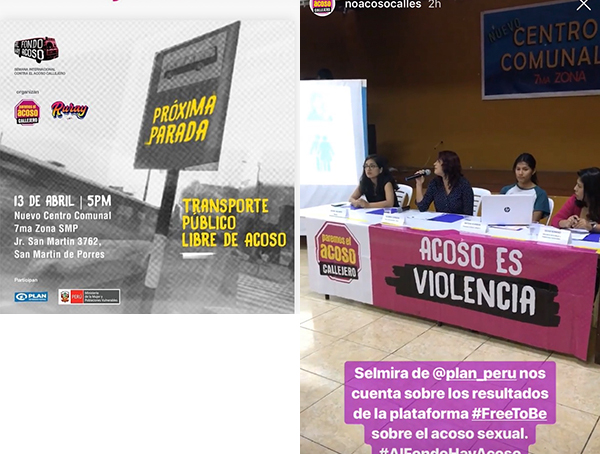
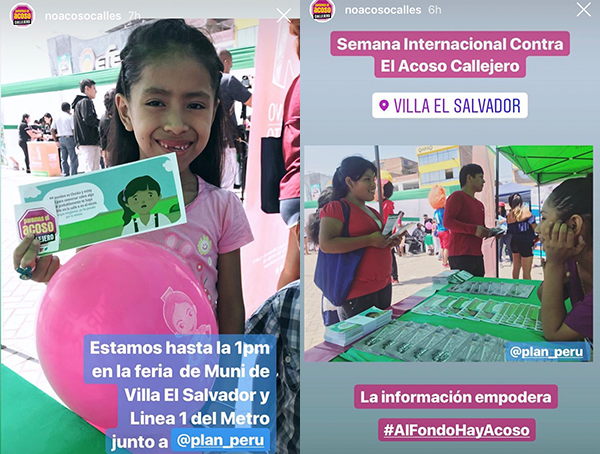
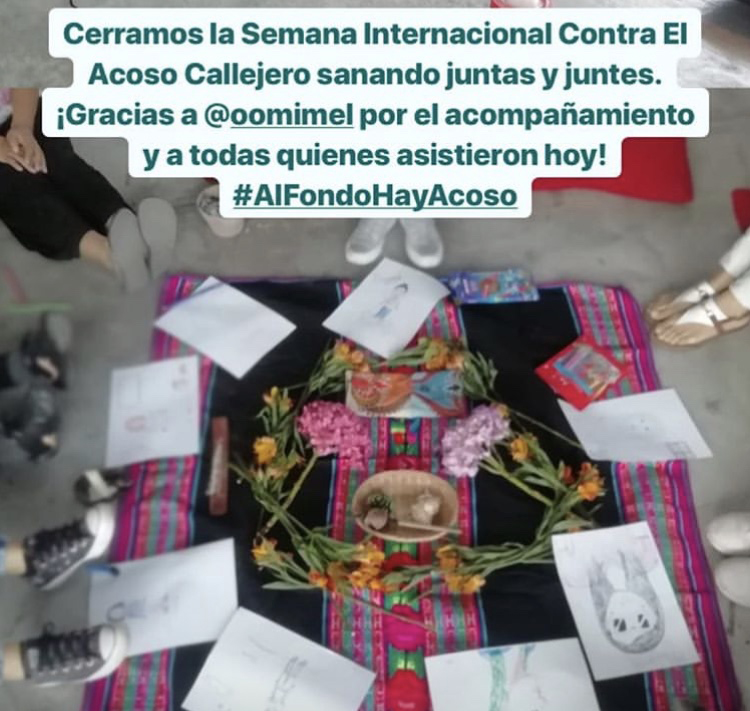
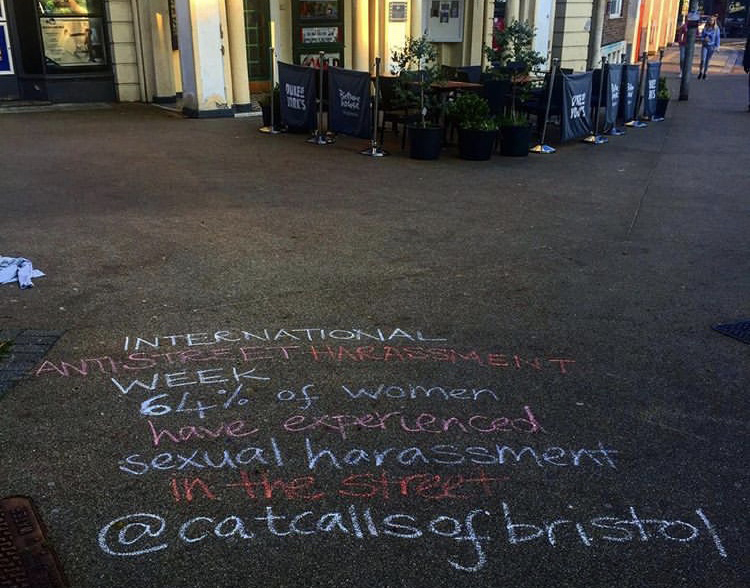

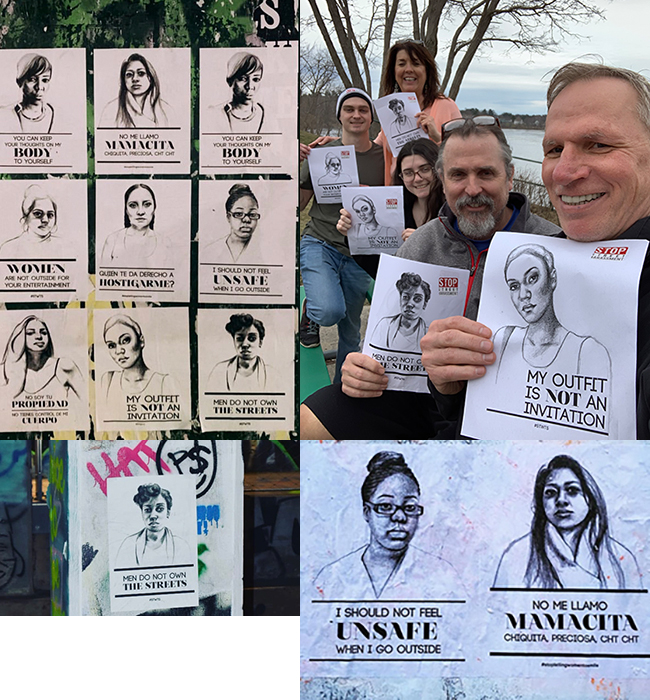
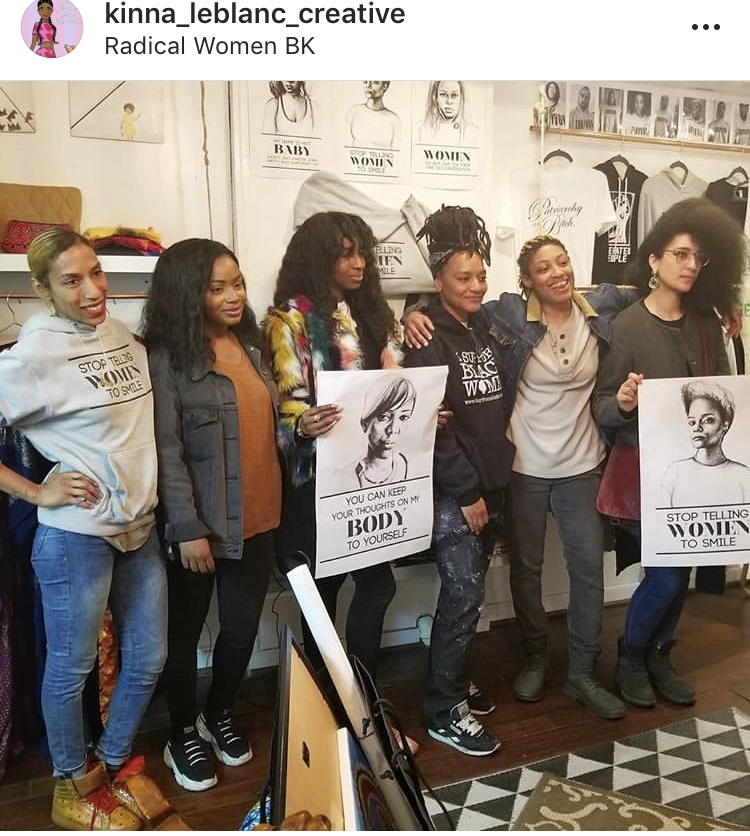


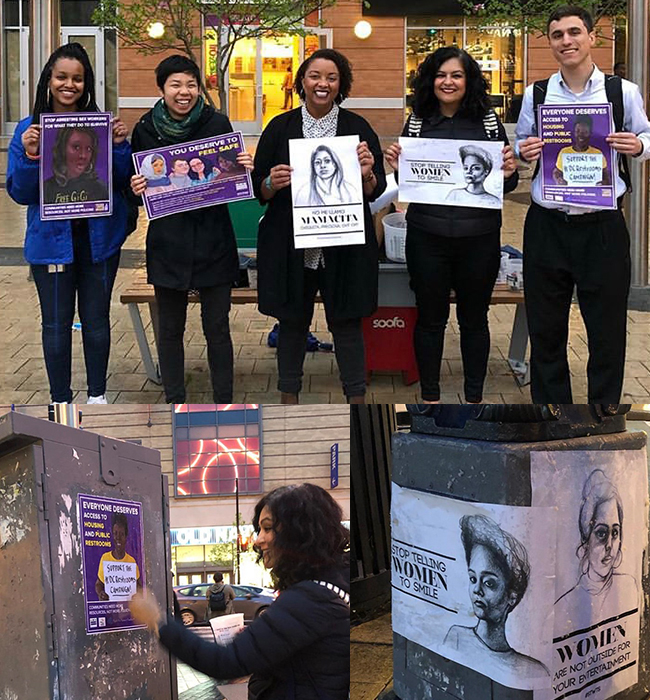
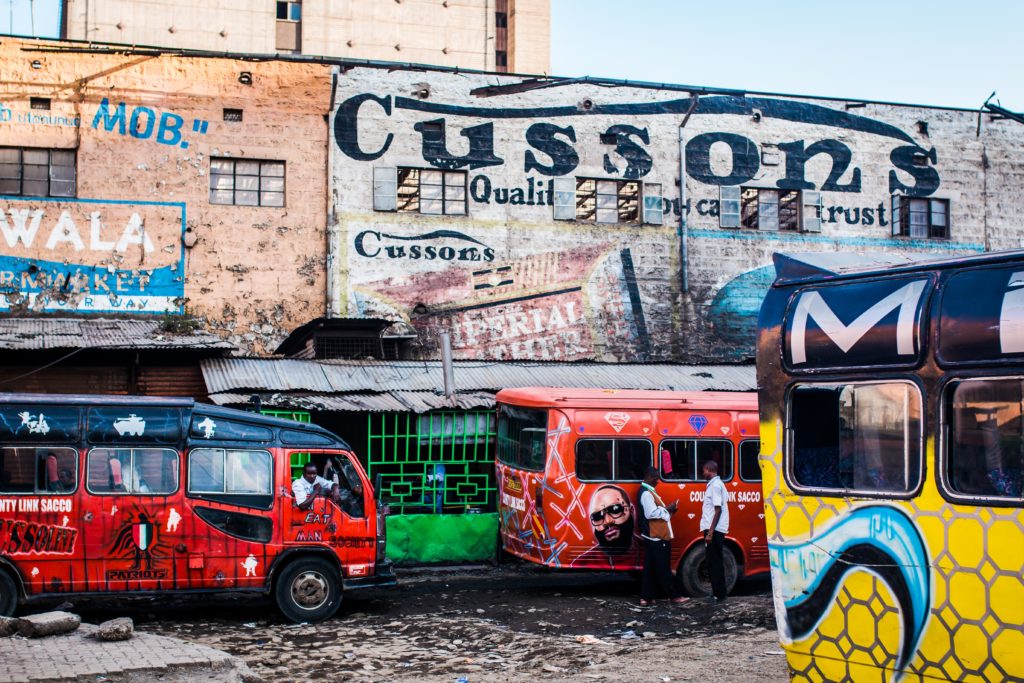 Over the years, there have been rampant cases of violence against women and girls (VAWG) on public transport in Africa and other developing regions. On November 17th2014, Kenya got the world’s attention with the #MyDressMyChoice campaign when thousands of people took to the streets to protest sexual violence against women in the public transport industry after a spate of stripping incidences were filmed and posted online. This protest sparked a movement to challenge gender norms and systems that allow this kind of violence to occur and fundamentally limit women’s freedom of movement and access to public space.
Over the years, there have been rampant cases of violence against women and girls (VAWG) on public transport in Africa and other developing regions. On November 17th2014, Kenya got the world’s attention with the #MyDressMyChoice campaign when thousands of people took to the streets to protest sexual violence against women in the public transport industry after a spate of stripping incidences were filmed and posted online. This protest sparked a movement to challenge gender norms and systems that allow this kind of violence to occur and fundamentally limit women’s freedom of movement and access to public space.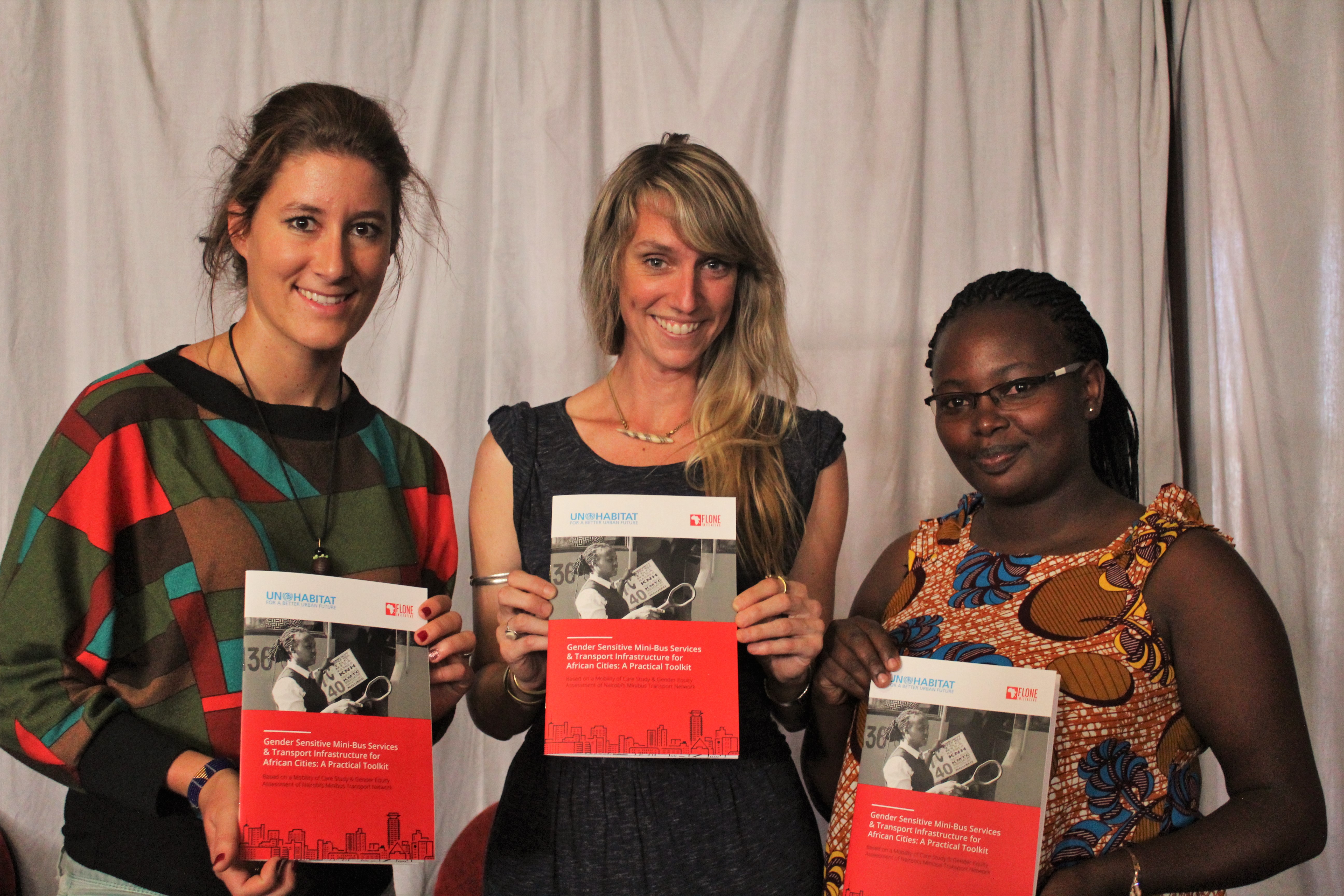 Additionally, the toolkit recommends ways in which policy makers can use these recommendations to develop gender-sensitive legislation which can create safer, more accessible public transportation systems for all road users. It also provides ideas for how civil society actors can support these initiatives.
Additionally, the toolkit recommends ways in which policy makers can use these recommendations to develop gender-sensitive legislation which can create safer, more accessible public transportation systems for all road users. It also provides ideas for how civil society actors can support these initiatives.